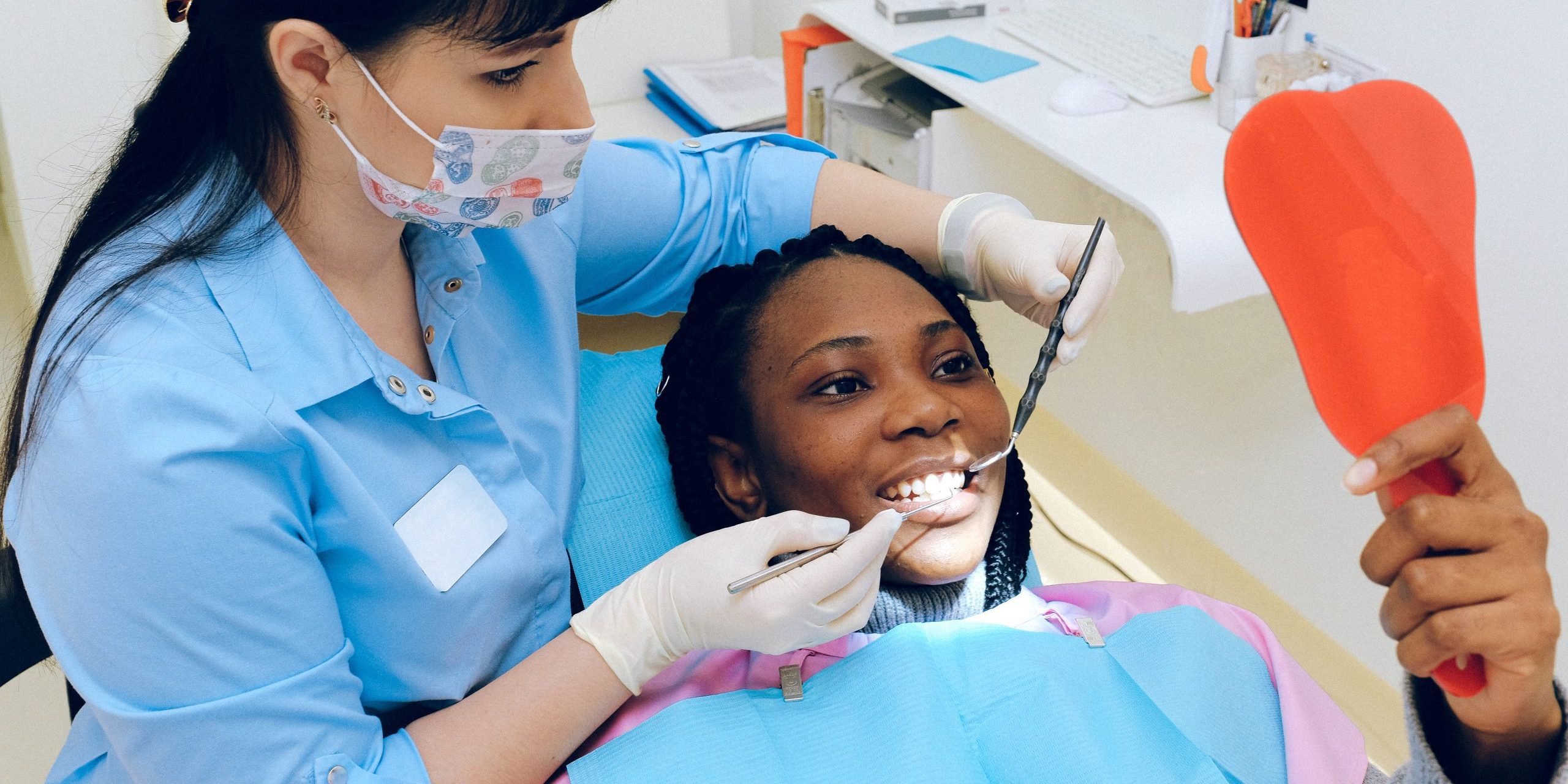Navigating Oral Emergencies: What to Do and Not to Do in Crucial Circumstances
When encountered with dental emergency situations, the ability to respond suitably can be vital in avoiding additional difficulties and guaranteeing the ideal possible result. From toothaches to knocked-out teeth, damaged oral fillings, jaw injuries, and dental blood loss, each circumstance requires a particular technique that can affect both lasting and temporary dental health.
Immediate Activities for Toothaches
Salt water functions by aiding to reduce microorganisms in the mouth, which can add to the pain and swelling linked with a tooth pain. It likewise assists to attract out any kind of particles or pus that may be present, providing a comforting effect on the aggravated cells.
Along with rinsing with seawater, non-prescription pain drugs such as ibuprofen can be taken to aid handle the pain. It is necessary to comply with the recommended dosage directions and talk to a doctor if the discomfort gets worse or persists. Stay clear of positioning aspirin directly on the tooth or gum tissues, as this can result in chemical burns.
If the toothache persists or is accompanied by other signs and symptoms such as high temperature, swelling, or difficulty breathing, seek punctual oral treatment to address the underlying reason for the pain. Early intervention can aid avoid even more issues and minimize pain.
Managing Knocked-Out Teeth
When dealing with knocked-out teeth, prompt action is crucial to enhance the possibilities of effective reimplantation. The initial action is to select up the tooth by the crown (the white component) instead than the origin to prevent harming the fragile cells.

Trigger action and correct handling of a knocked-out tooth can substantially influence the chances of successful reimplantation, so it is important to act swiftly and properly in such circumstances.
Taking Care Of Broken Dental Fillings
Proper maintenance and regular dental examinations are vital for resolving broken oral fillings immediately and making sure the longevity of your dental job. When an oral filling breaks, it can expose the inner layers of the tooth to microorganisms, causing prospective infections and additional damages if left unattended. It is critical to contact your dental professional immediately to arrange a consultation for repair. if you experience a damaged oral filling.
In the meanwhile, there are some steps you can take to manage a broken oral filling at home. Non-prescription dental concrete can be made use of as a short-term measure to cover the subjected filling and shield the tooth up until you can see your dental professional.
Remember that a damaged dental filling ought to be dealt with promptly to stop problems and protect the honesty of your tooth. Normal dental check-ups can aid detect and address any type of problems with your fillings before they rise right into more significant issues.

Taking Care Of Jaw Injuries
In instances of jaw injuries, swift and ideal monitoring is critical to reduce discomfort and protect against more complications. click here for more info Jaw injuries can result from numerous causes such as injury, mishaps, or oral treatments. When confronted with a suspected jaw injury, it is necessary to look for immediate clinical focus from a healthcare specialist or see the emergency room.
In the meantime prior to obtaining professional treatment, there are a couple of steps that can be taken to take care of jaw injuries. Using a chilly compress to the affected location can assist minimize swelling and ease pain. It is very important to prevent moving the jaw excessively and to refrain from eating crunchy or tough foods that can aggravate the injury. In addition, non-prescription discomfort medication can be required to take care of pain briefly.
Moreover, if there is blood loss associated with the jaw injury, mild pressure can be applied making use of a clean fabric to aid manage the blood loss. However, it is critical to keep in mind that these are temporary actions, and timely analysis by a doctor is important to analyze the extent of the injury and figure out the suitable training course of therapy.
Exactly How to Respond to Dental Blood Loss
Following the monitoring of jaw injuries, resolving oral blood loss without delay is essential in ensuring correct treatment and healing. Oral bleeding can arise from numerous causes, such as injury, dental treatments, or underlying clinical conditions. When faced with dental blood loss, it is vital to remain calm and take prompt action to manage the scenario.
To respond successfully to oral blood loss, beginning by delicately washing your mouth with a mild deep sea service to clean the area and remove any type of blood clots. If the bleeding continues or is extreme, seek specialist dental treatment instantly.

Final Thought
Finally, it is crucial to act promptly and appropriately when confronted with oral emergencies. Immediate activities for toothaches, managing knocked-out teeth, managing broken dental fillings, managing jaw injuries, and replying to dental blood loss are crucial steps to make certain appropriate care and index prevent further issues. Remember to seek professional aid immediately to address any oral emergency effectively and effectively.
From toothaches to knocked-out teeth, broken oral fillings, jaw injuries, and oral bleeding, each situation demands a details approach that can influence both temporary and lasting oral health. If this is not feasible, save the tooth in a container of milk or the person's saliva to keep it damp while seeking prompt oral treatment.
Proper upkeep and regular dental examinations are important for dealing with busted dental fillings quickly and guaranteeing the long life of your oral job. Over the counter oral cement can be utilized as a momentary action to cover the revealed filling and safeguard the tooth until you can see your dental expert.
Immediate activities for toothaches, handling knocked-out teeth, dealing with broken oral fillings, taking care of jaw injuries, and responding to oral bleeding are crucial steps to guarantee proper care and prevent more issues.